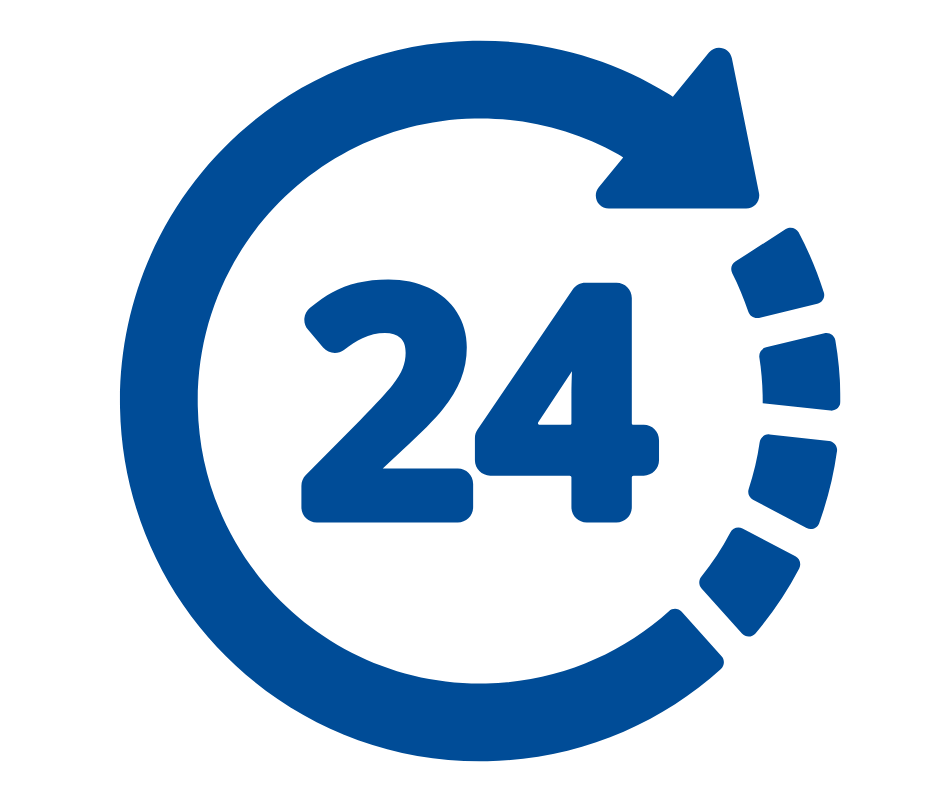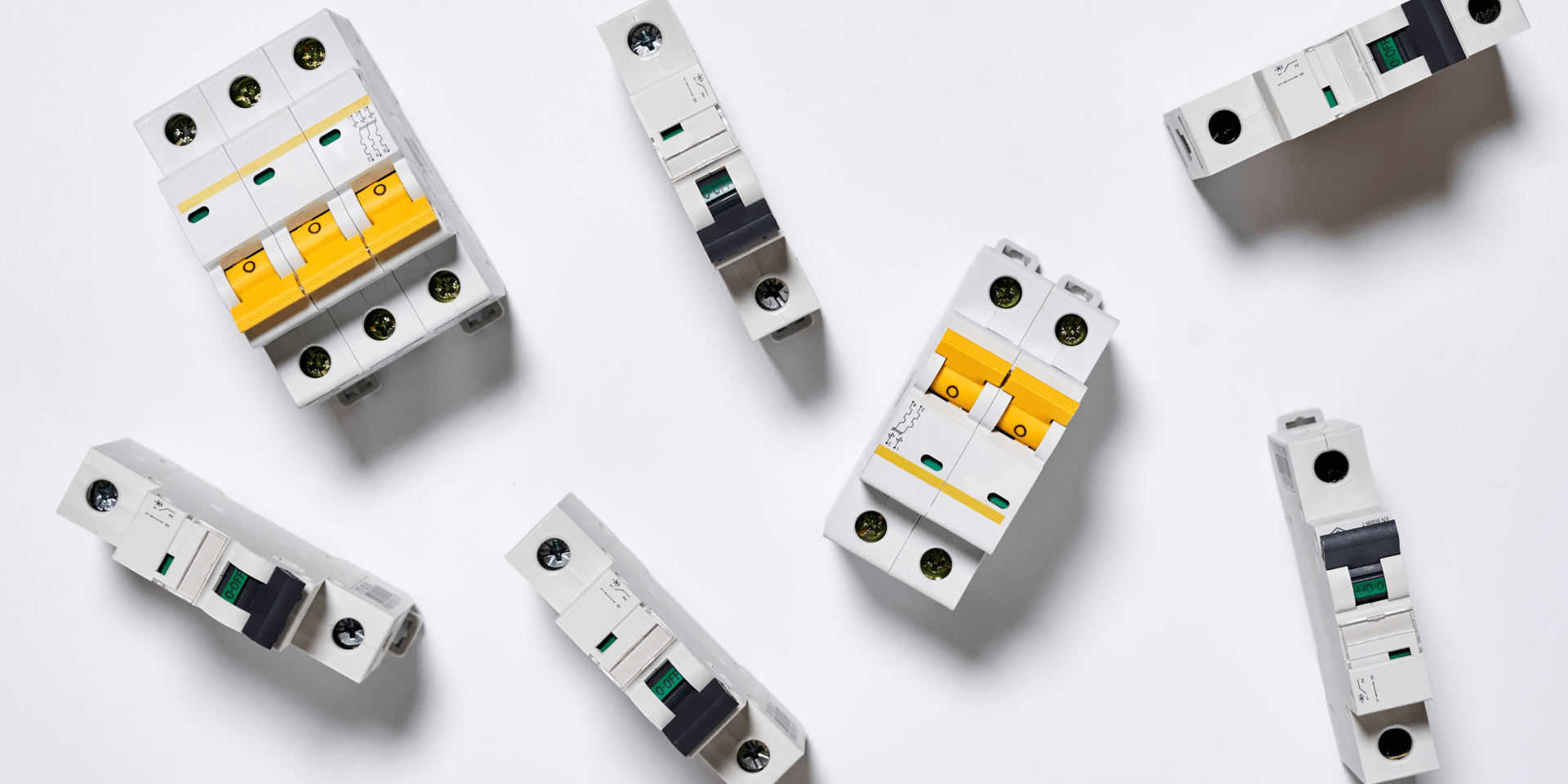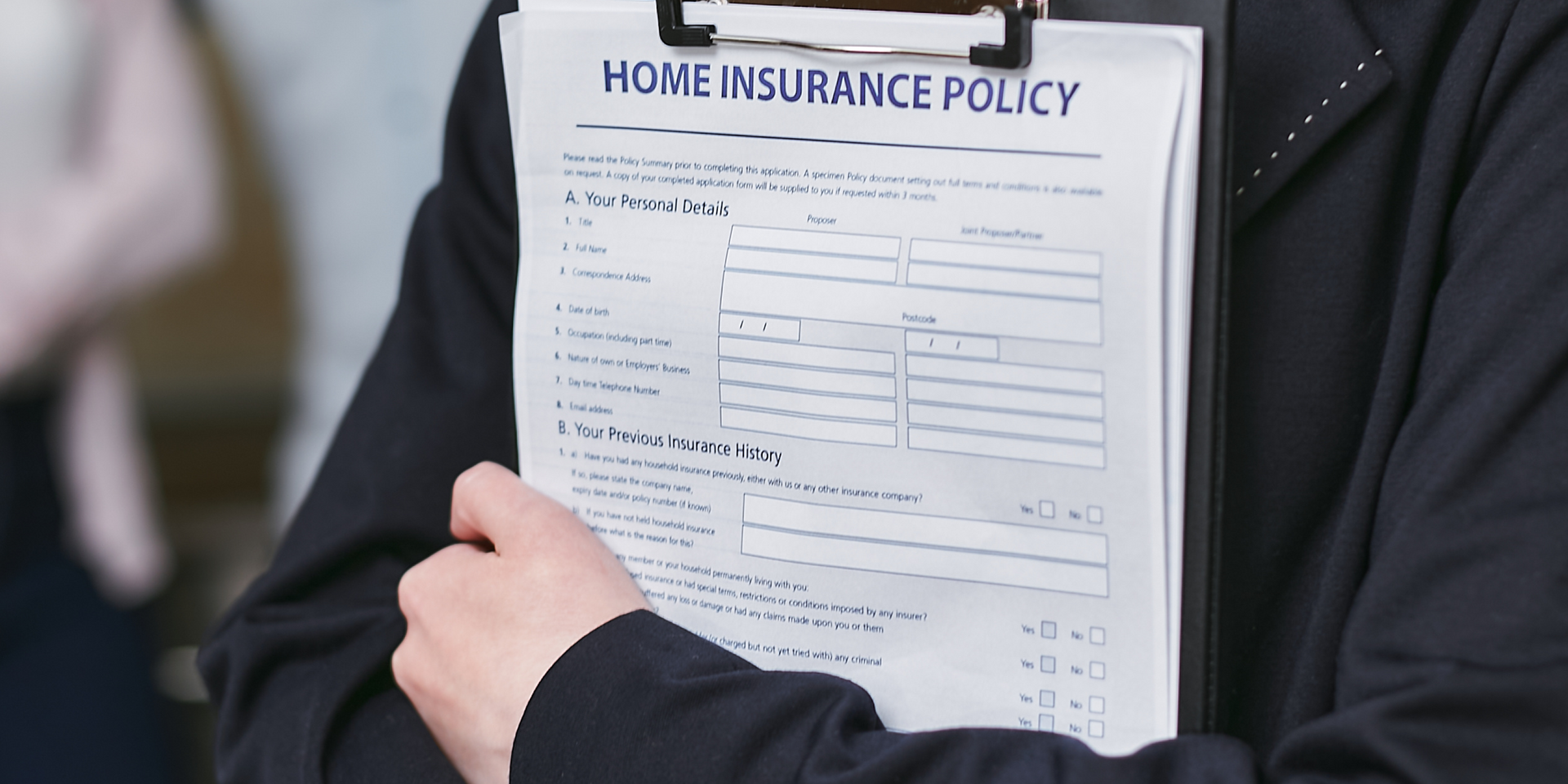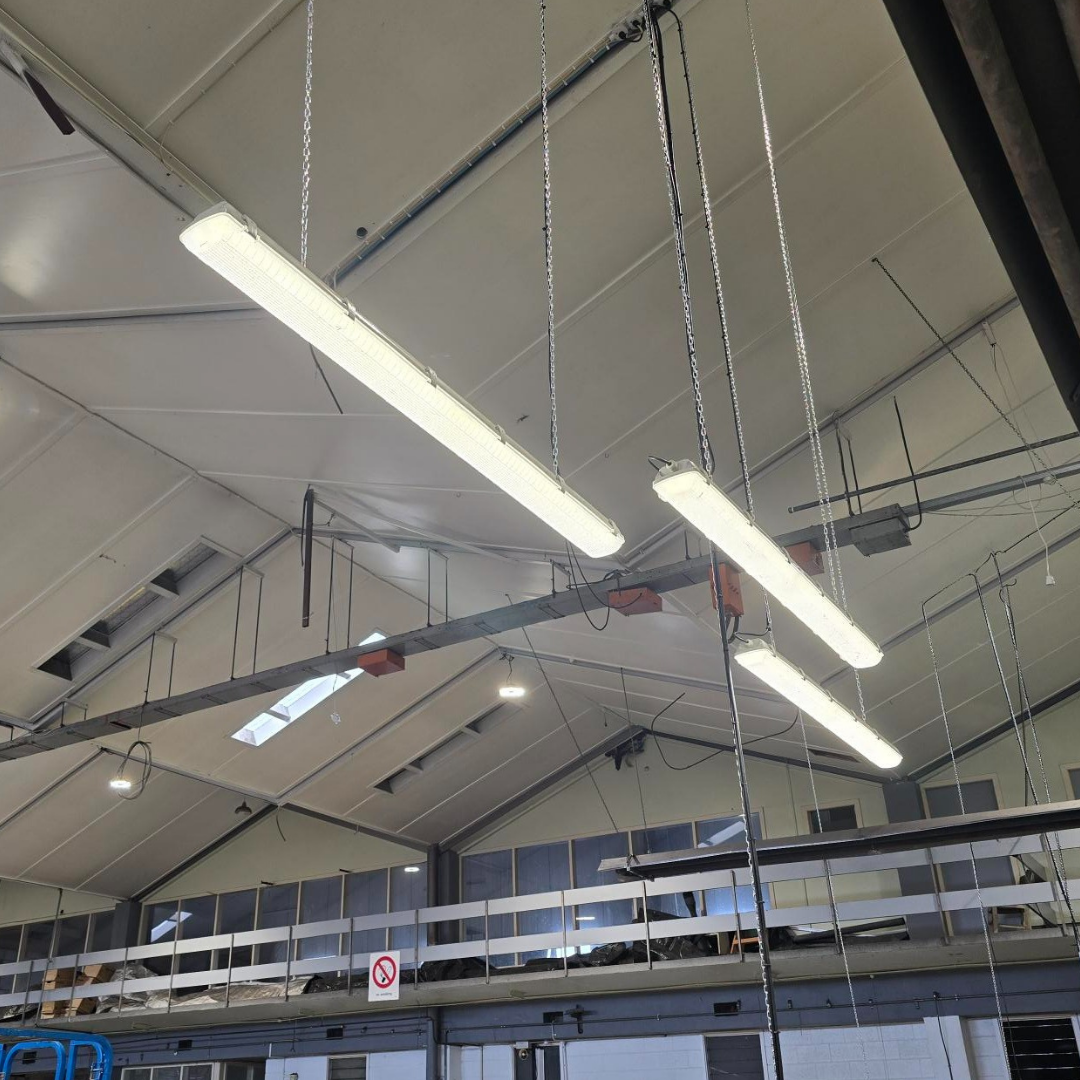What to Do When a Fuse Blows | Christchurch Electrical
What to Do When a Fuse Blows?
A blown fuse isn’t usually cause for concern. The most important thing to consider in the event of a tripped circuit breaker is your personal safety .
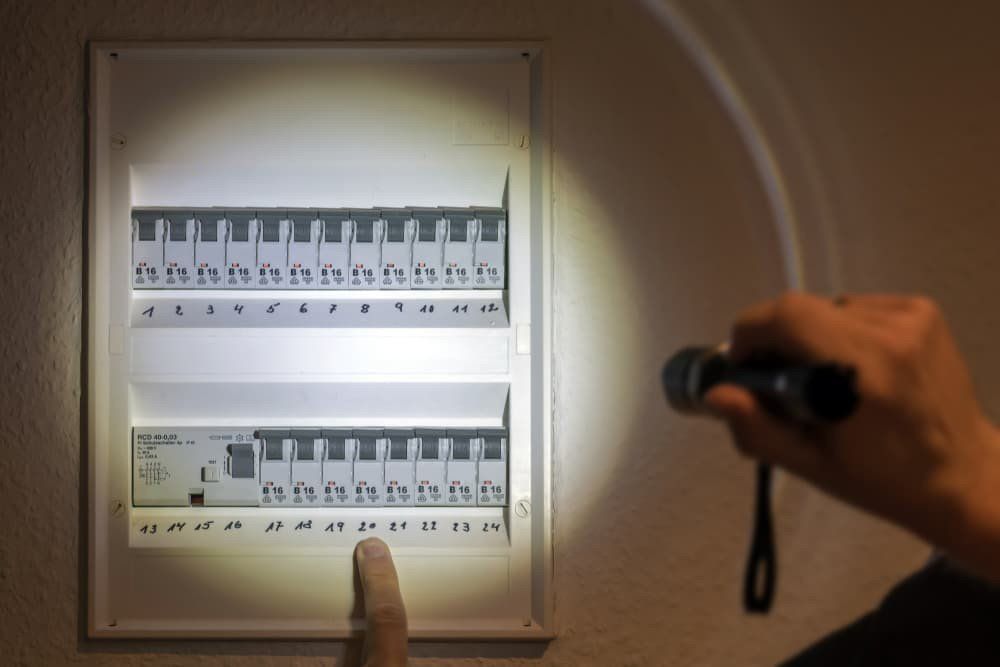
What Causes a Blown Fuse?
There are many possible causes for a blown fuse or tripped circuit breaker. The most common cause is an overloaded circuit. This occurs when too many devices, lights or appliances are operating at the same time. Your circuit is actually designed to trip in the case of an overload in order to prevent circuit wires from heating to dangerous levels. If your circuit breaker trips, it means it’s doing its job. Blown fuses or tripping circuit breakers can also be caused by a power surge, short circuit, arc fault or ground fault.
What Should I Do When My Fuse Blows?
First, ensure you’re dealing with blown fuse and not a widespread power outage. Take a look to check if your neighbour’s lights are still on. Next, you need to turn off all appliances that are connected to the affected circuit. The circuit may have been tripped by overload, so shutting off your appliances ensures it won’t reoccur as soon as the power comes back on. Next, find your switchboard and identify the affected breaker in your switchboard. Look for the switch that is facing a different direction to the others, and simply switch it back on again.
Can a Tripped Circuit Breaker Cause Damage?
It’s unlikely that a tripped circuit breaker will cause any permanent damage to your appliances or electrical system. In fact, fuses are designed to blow before any serious damage is done. However, frequent blown fuses could indicate a problem with your wiring or appliances. Ensure you’re not overloading your electrical system. Try to avoid using several high-powered devices at once, and make sure you’re switching your appliances off.
How to Avoid Blown Fuses
An overloaded circuit is the culprit behind many blown fuses. An overload occurs when too many devices are competing for power from the same circuit, causing the fuse to blow. To avoid putting too much strain on your electrical circuit, it’s a good idea to spread out your usage of high-powered devices. For example, using your washing machine, hair dryer and electrical oven at the same time might result in a blown fuse. You should also avoid the overuse of power boards. While it might be convenient to plug all your devices into the same power point, this can also cause your circuit breaker to trip.
Call Up the Experts
If your circuit breaker is tripping every time you turn on the TV, it could be time to call in the experts. At Christchurch Electrical, our friendly team can help you avoid frequent blown fuses, so contact us any time on 03 366 1718.
Share article:



